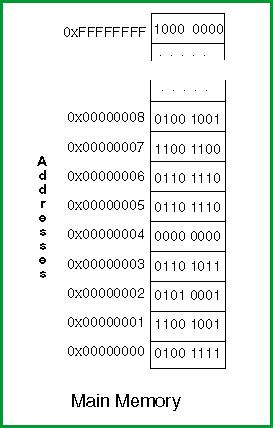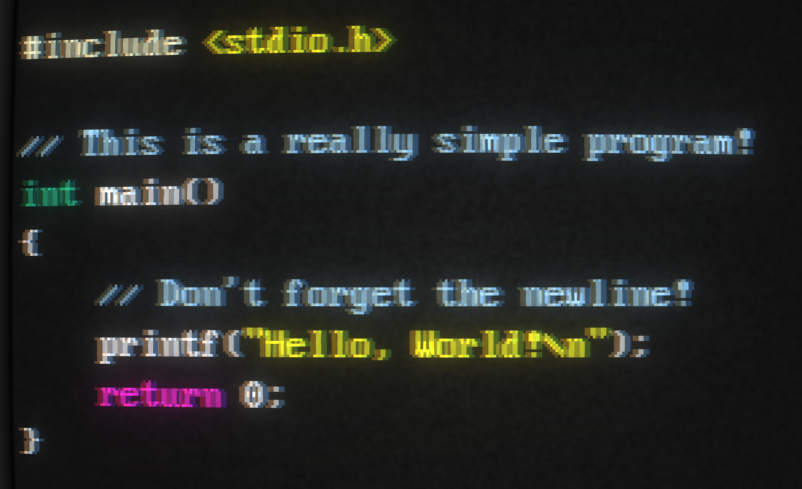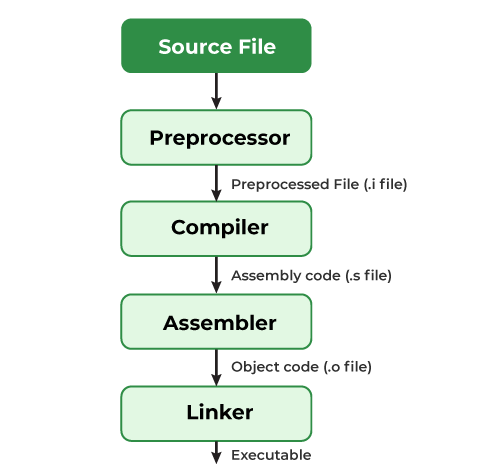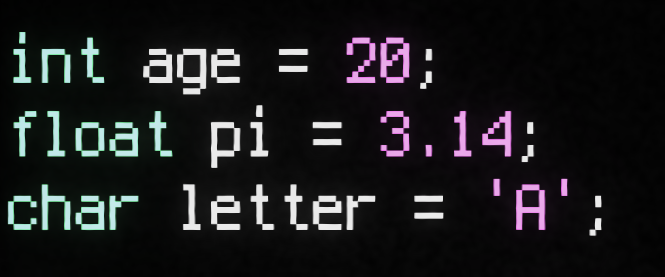
How to get URL link on X (Twitter) App


 What IS a memory arena?
What IS a memory arena?

 The space-time trade-off
The space-time trade-off
 What IS a function pointer?
What IS a function pointer?

 A decade of work
A decade of work
 The first thing we start with is the installation process. Surprisingly, it allows us to choose our location and timezone globally, which is already suspicious as it is a North Korean OS. Maybe it isn't completely.
The first thing we start with is the installation process. Surprisingly, it allows us to choose our location and timezone globally, which is already suspicious as it is a North Korean OS. Maybe it isn't completely. 

 Let's say that, when we use the compiler, we usually go directly from the source file to the binary.
Let's say that, when we use the compiler, we usually go directly from the source file to the binary.

 Let's start with something simple: variables & types.
Let's start with something simple: variables & types.

 His first gripe? How many "modern" C++ devs are still stuck in 2003.
His first gripe? How many "modern" C++ devs are still stuck in 2003.